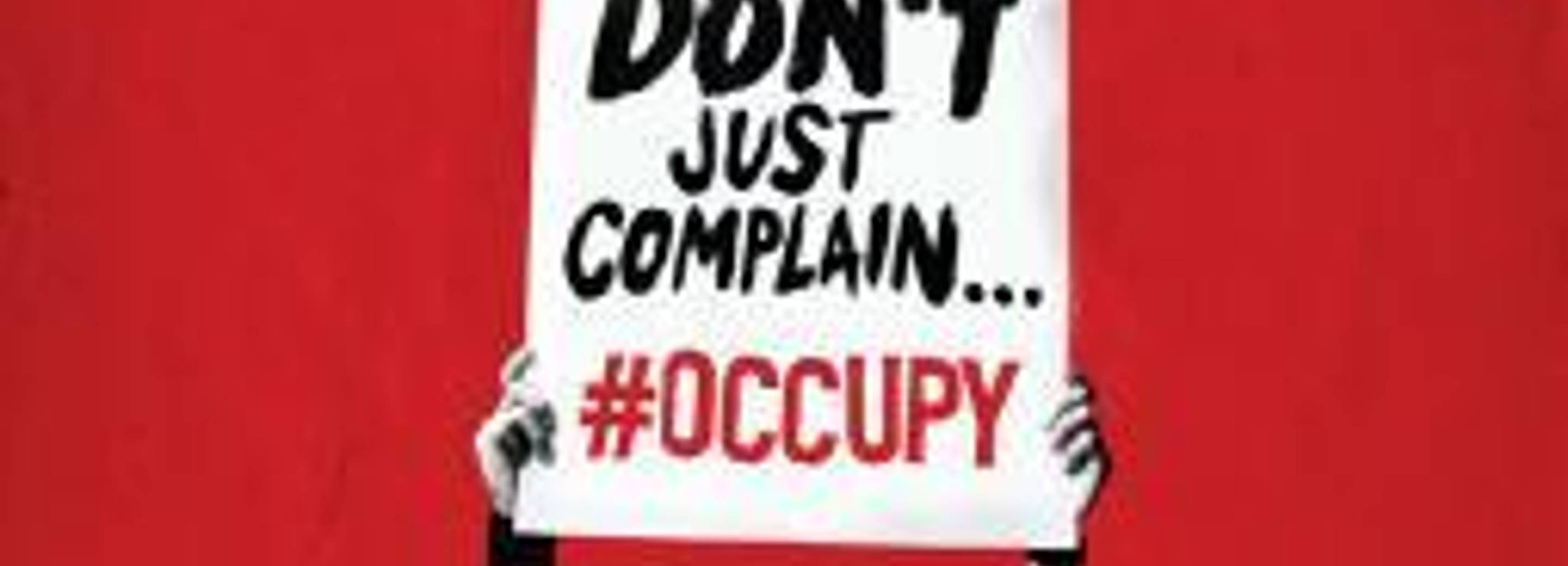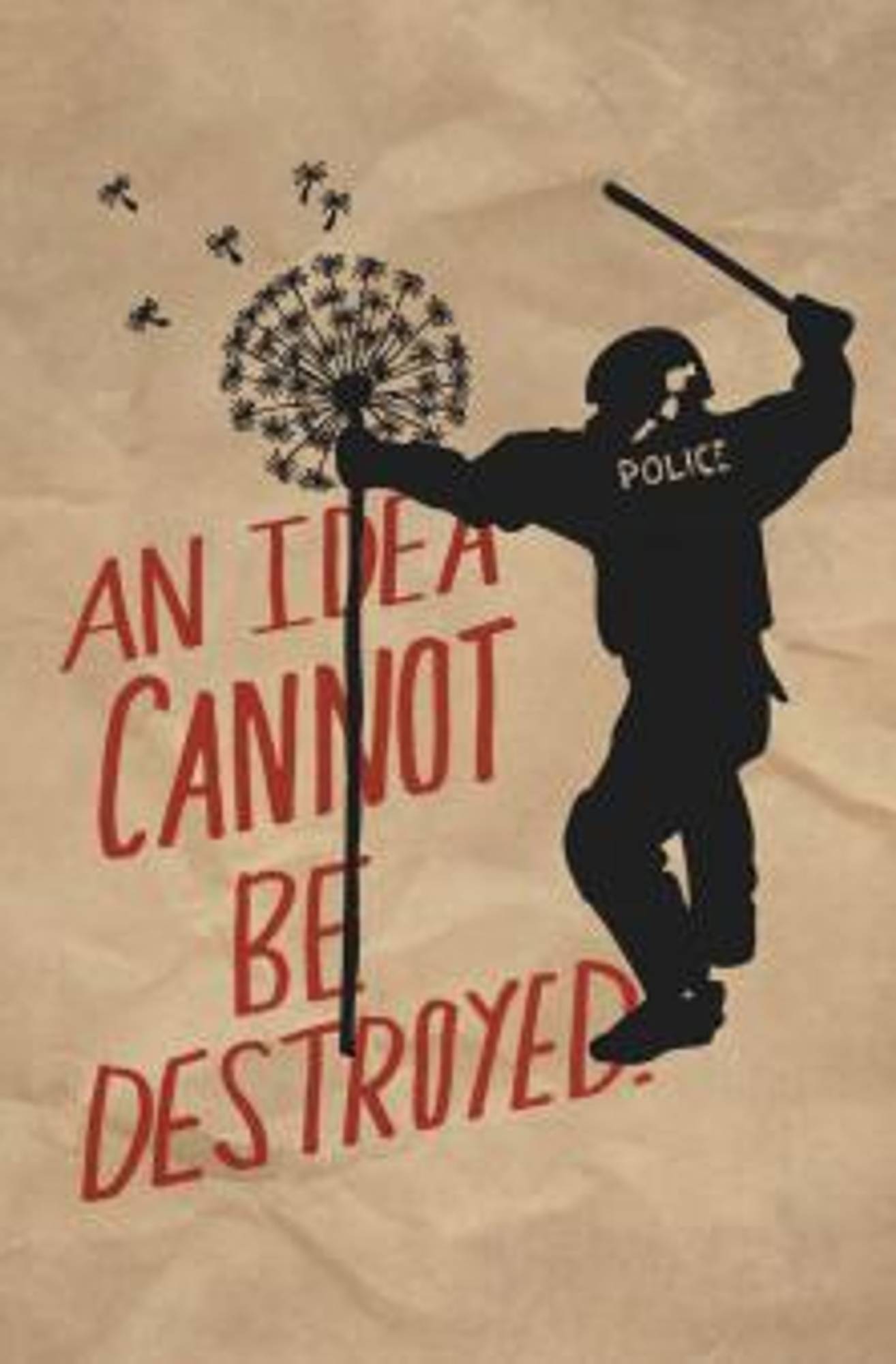OCCUPRINT
Occuprint
Curated by Luigi Fassi in collaborazione con Occuprint
The Occupy phenomenon began with the occupation of Zuccotti Park, Wall Street, New York City, on 17 September 2011, and then quickly spread to 82 countries, unleashing an unexpected global wave of protest, renewal and hope for change in the midst of the economic and social crisis that has gripped most of the Western world.
At the high point of the movement’s political innovation, the curatorial collective Occuprint was formed in the United States to grant visibility to the most outstanding artistic manifestations produced by the Occupy Movements on an international scale. The trigger was an invitation by the Occupy Wall Street Journal to create a special issue on poster art, in a continuously growing digital platform that conserves and promotes the graphic output of the various Occupy Movements scattered across the continents.
The posters gathered by Occuprint concentrate on messages and proposals aimed at changing the relationship between the 1% of the world population accused of perpetrating policies for its own gain, and the 99% that is subjected to their consequences. Precisely the statement “We are the 99%” returns most often as a slogan in the materials on display at ar/ge kunst, bearing witness to the collective, worldwide character of the Occupy phenomenon. Resistance, dismantling of the status quo of privilege and absolute opposition to any top-down, anti-democratic policy are thus the key concepts of the Occupy ideology as it is reflected in the posters.
The main characteristic of the posters shown at ar/ge kunst is their way of representing a true programmatic agenda, ranging from international policy proposals to the renewal of modes of industrial production and labor, all the way to the definition of a new ethical model of collective welfare, based on principles of solidarity and sharing of public assets. The idea of democracy as the sharing of the commons is thus contrasted with the greed of privatizations dictated by neoliberal policies of an American matrix that meet with increasing consensus among European governments.
The Occuprint collection thus reveals political and economic discourse that is much more complex than it might appear at first glance. Slogans, quips, satirical drawings – ranging from Native Americans to the Wall Street bull to protests in Spanish in South American countries, and those in various European cities, form a semiotic arsenal that sums up, in quick lines, all the unsolved problems the Western world will have to approach in the years to come.
Viewers, including those unaware of the Occupy movements, are thus presented with an overview of the new scenarios that enliven the political debate on a global scale; not the official debate of parliaments and governments, but the more authentic discussion, the reaction that comes from the bottom up as the result of the action of the new citizens of the world, in all the cities of the contemporary world.
With the kind support of:
Provincia Autonoma di Bolzano, Alto Adige, Deutsche Kultur
Fondazione Cassa di Risparmio, Alto Adige
Città di Bolzano, Ufficio Cultura
www.occuprint.org

